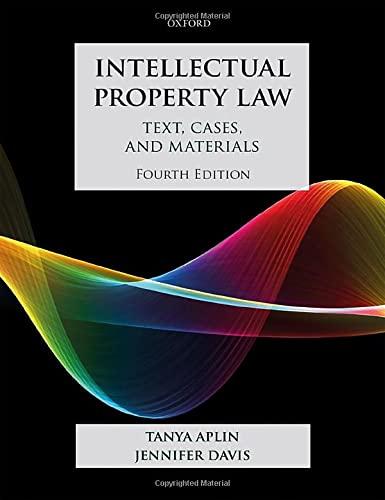Question
1)What are the categories of facts that may be accepted without evidence of their truth? a. facts so commonly known that they are not disputed
1)What are the categories of facts that may be accepted without evidence of their truth?
a. facts so commonly known that they are not disputed by reasonable people
b. facts on which all parties are in agreement
c. facts that tribunal members can independently research and verify
d. facts that are true according to government policies and guidelines
2)
What may a tribunal choose to do if a reserved decision involves a matter of public interest?
a. announce the decision at a public meeting
b. withhold the decision until it has been reviewed by the minister
c. withhold the decision until it has been subject to judicial review
d. release the decision to the media before releasing it to the involved parties
3)Which one of the following statements is not true with respect to contempt?
a. Generally, a party seeking a remedy for contempt of a tribunal's order may apply directly to a court or ask the tribunal to apply to a court
b. It is unlikely that a tribunal itself would have standing to apply to a court to find someone in contempt of its order without explicit statutory authority
c. Courts have broad powers to punish for contempt
d. Tribunals have the authority to punish a violator of their orders for contempt
Step by Step Solution
There are 3 Steps involved in it
Step: 1

Get Instant Access to Expert-Tailored Solutions
See step-by-step solutions with expert insights and AI powered tools for academic success
Step: 2

Step: 3

Ace Your Homework with AI
Get the answers you need in no time with our AI-driven, step-by-step assistance
Get Started


